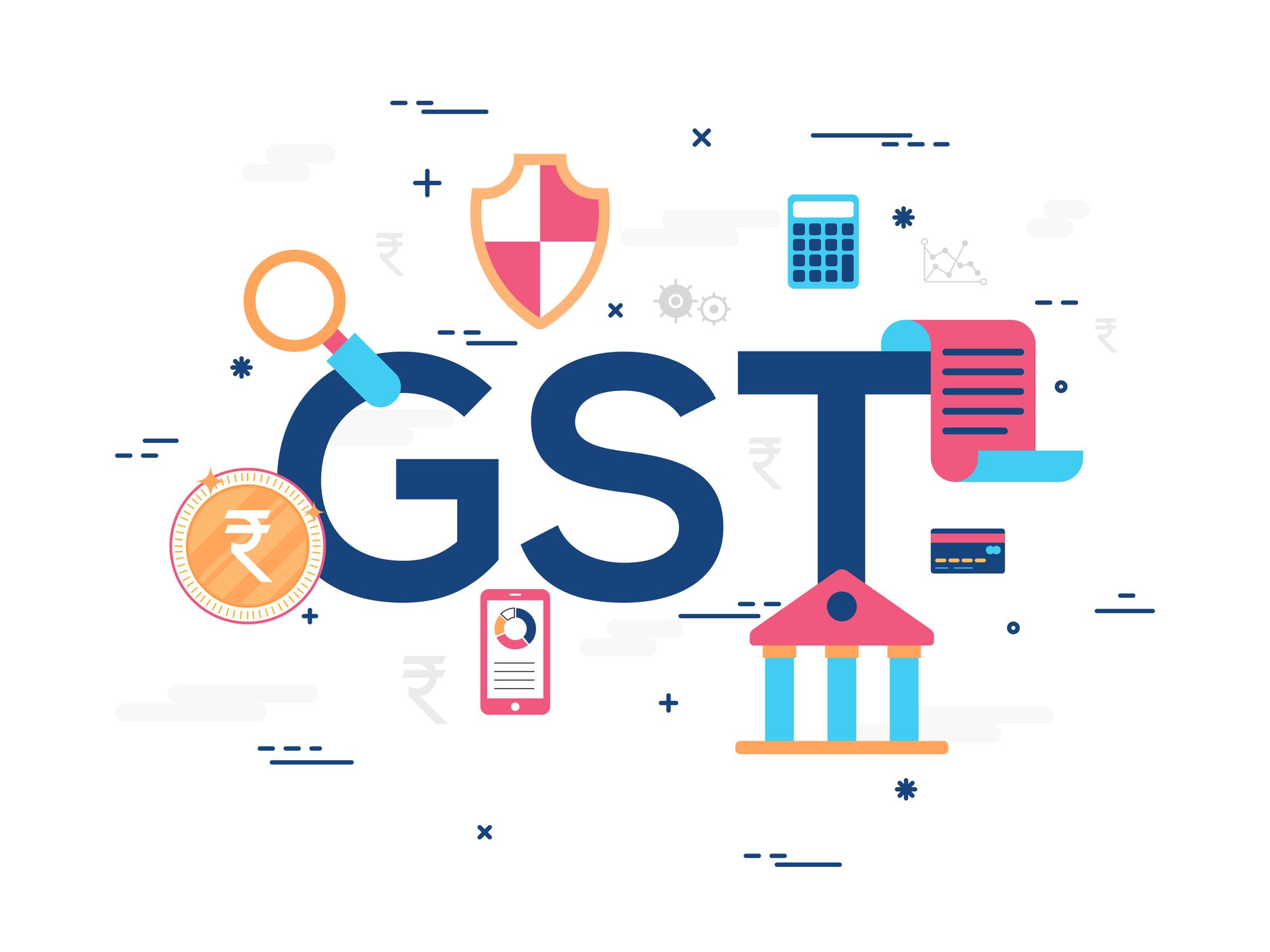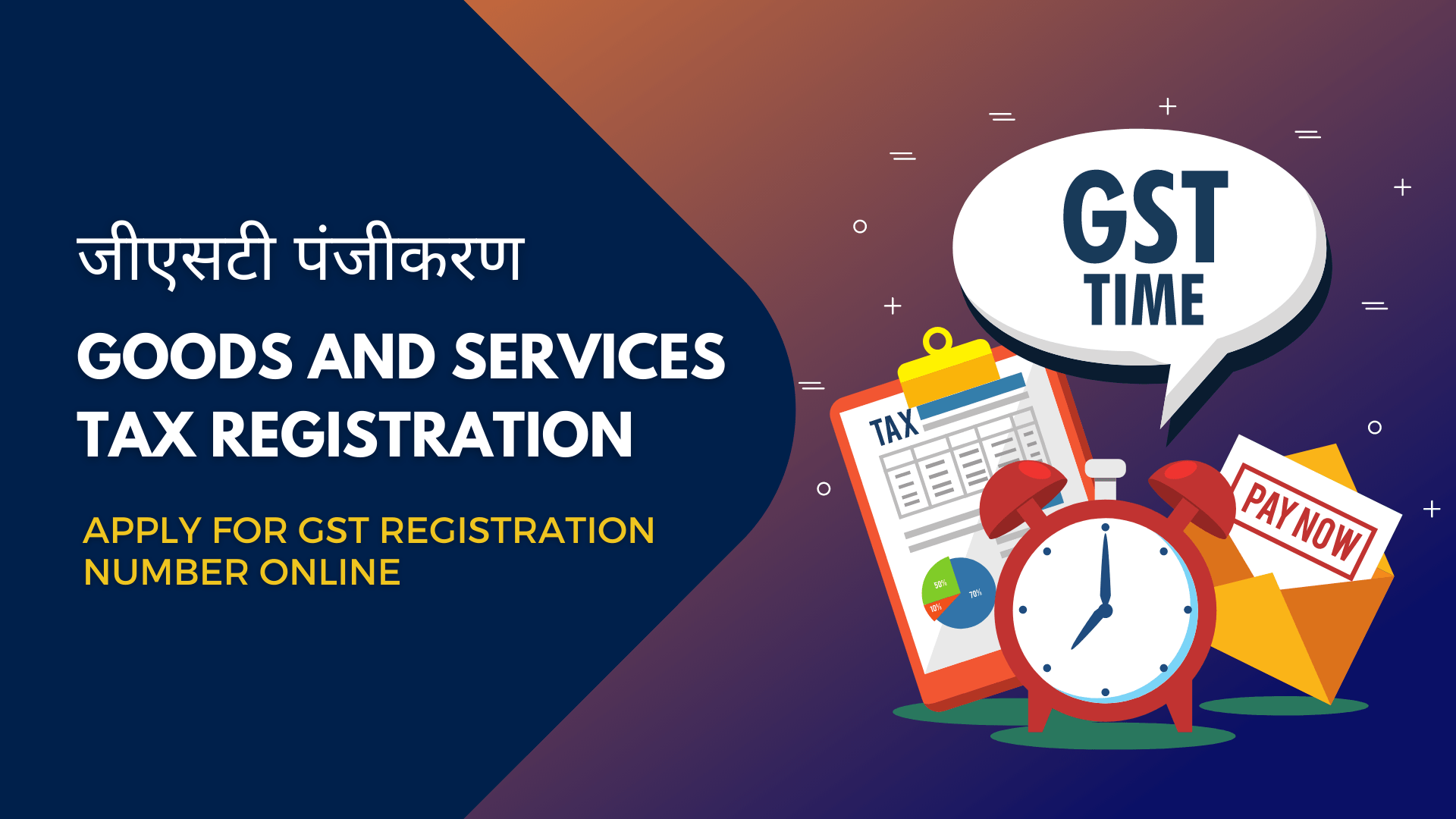Why Singapore GST Registration is Essential for Your Startup
Why Singapore GST Registration is Essential for Your Startup
Blog Article
The Ultimate Guide to Streamlining the GST Enrollment Process and Demands for Small Company Owners

Comprehending GST Fundamentals
To comprehend the basics of the Goods and Provider Tax Obligation (GST) system, tiny service proprietors need to first understand its underlying ramifications and principles. GST is a value-added tax obligation imposed on most goods and solutions for residential intake. It intends to improve the tax process by changing numerous indirect tax obligations enforced by the state and main federal governments. Under the GST routine, organizations are called for to collect and sign up tax in behalf of the government, making sure transparency and compliance.
Among the essential concepts of GST is input tax credit, which permits companies to assert credit report for tax obligations paid on their acquisitions. This mechanism protects against the cascading impact of tax obligations and promotes effectiveness in the tax obligation system. Additionally, GST is a destination-based tax obligation, implying that the tax obligation is imposed at the point of usage instead of the point of origin. This makes certain fair circulation of tax income amongst states based on where the items or solutions are taken in. Recognizing these basic concepts is essential for tiny company proprietors to navigate the complexities of the GST system and make certain compliance with the law.
Qualification Standards for Enrollment
Having actually developed a fundamental understanding of GST principles, small business owners must now meet specific eligibility requirements to wage the registration process. In India, entities took part in the supply of goods or solutions with a yearly accumulation turn over going beyond Rs. 40 lakhs (Rs. 10 lakhs for unique classification states) are needed to register for GST. Additionally, certain services such as those entailed in inter-state supply of items, informal taxed persons, and those needed to pay tax under the reverse charge device should register for GST regardless of their turn over. Services that were registered under the previous tax obligation regimen (BARREL, service tax obligation, etc) are additionally mandated to sign up under GST. Nevertheless, agricultural services that only provide produce out of main production are excluded from GST registration. It is essential for company owner to very carefully examine their qualification based on these standards to make sure compliance with the legislation and stay clear of any type of charges for non-compliance.
Papers Required for GST Registration

Simplified Registration Process Steps
Adhering to the collection and confirmation of the requisite papers, the enrollment procedure for GST can be navigated with a collection of streamlined actions designed to help with effective conformity for little organization proprietors. Upon effective confirmation, an Application Reference Number (ARN) is issued, indicating the completion of the GST registration process. By complying with these simplified steps, little company owners can successfully sign up for GST and make certain conformity with tax obligation laws.
Tips for Ensuring Conformity
To additional resources keep regulatory adherence and operational integrity, persistent oversight and aggressive steps are essential in making certain conformity with GST needs for tiny organization owners. Tiny organization owners should stay updated with GST guidelines, filing due dates, and any modifications in tax rates to stay clear of charges and preserve a good standing with tax authorities. Participating in GST recognition workshops or training programs can boost understanding and conformity with GST guidelines, eventually benefiting the business in the long run.
Verdict
In verdict, little company owners must recognize the fundamentals of GST, satisfy the qualification criteria, collect needed files, and follow the streamlined enrollment process actions to make sure conformity. By streamlining the GST registration procedure and demands, little business proprietors can avoid fines and run their organizations efficiently within the legal structure - Singapore GST Registration. It is critical for little business proprietors to stay certified and educated with GST regulations to keep a successful organization procedure
Tiny service owners seeking GST enrollment should guarantee they gather and send the required records to complete the enrollment procedure effectively. The records required for look at more info GST enrollment normally consist of evidence of business registration or consolidation, FRYING PAN (Long-term Account Number) card of the service identity, entity and address evidence of the promoters/partners/directors, pictures, address proof of the area of business, bank account declarations or canceled cheques, and permission forms. Going to GST recognition workshops or training programs can enhance understanding and compliance with GST laws, ultimately benefiting the service in the lengthy run.
By simplifying the GST registration procedure and requirements, small company proprietors can stay clear of penalties and operate their services efficiently within the legal structure. It is essential for tiny organization owners to stay informed and compliant with GST laws to maintain a successful company procedure.
Report this page